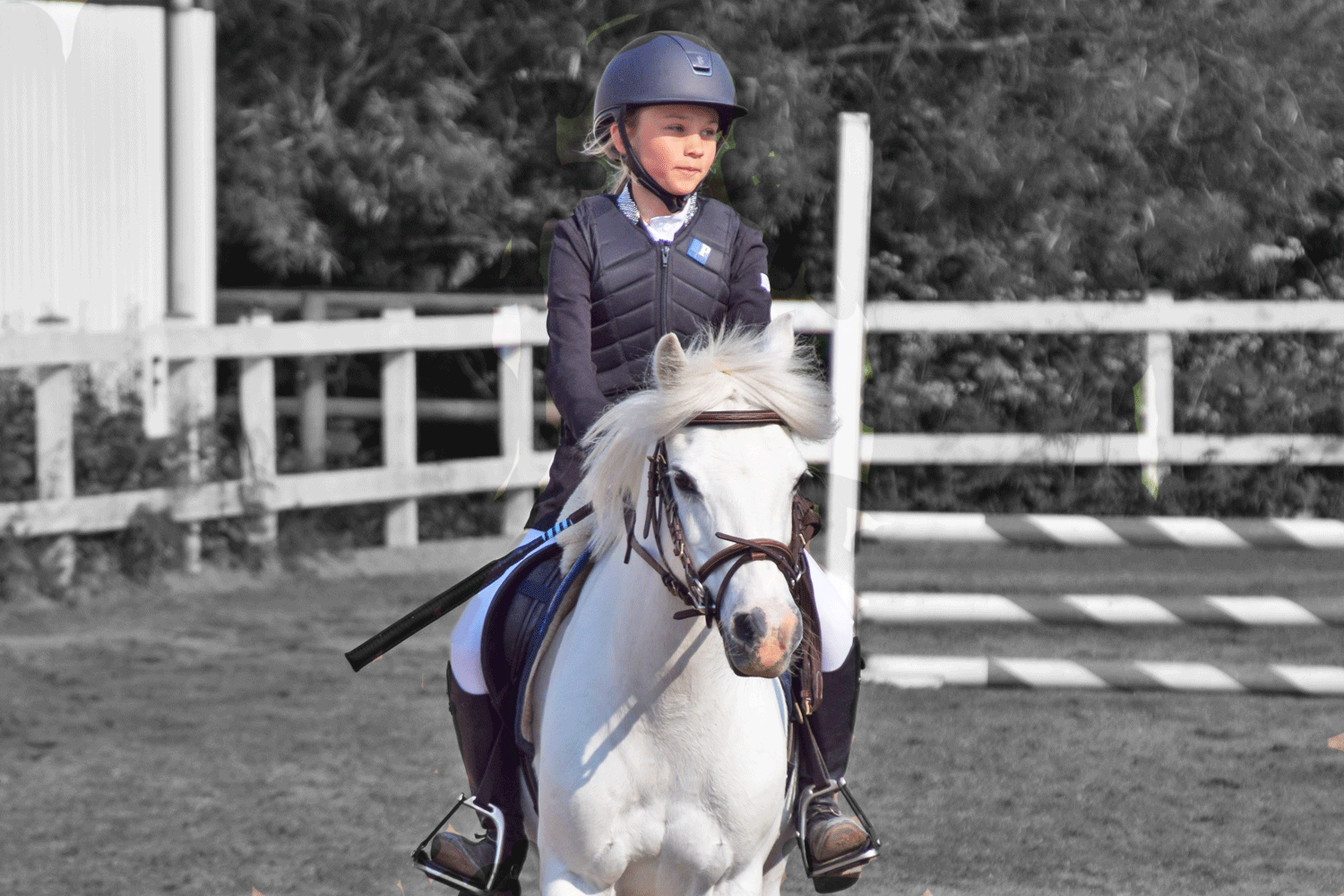Menu

By Janne R. Mortensen, Sports Psychology Consultant.
As a sports parent, you play a significant role in how your child perceives themselves. Your words and body language are constantly being interpreted by your child. It's crucial to be particularly mindful of your role in sports, a domain where you and your child may experience heightened pressure. By following these 11 valuable tips, you'll also contribute to strengthening your child's self-image, ability to take responsibility, build relationships, and handle adversity.
Read also: Negligence of horses – what to do?
Do not leave during a performance. If you need to use the restroom, wait. If someone calls, call them back later. Your child doesn’t know what’s happening. They just realize suddenly you're not there. They might even conclude that you're probably dissatisfied with their performance.
Avoid looking upset. If you can't manage a smile, at least try to maintain a neutral demeanor without signaling tension. Your child interprets everything, including your body language.
When Your Child Performs I understand it’s difficult, but getting agitated and gesturing wildly doesn’t help. Your child notices everything, much more than you think, and they craft their own narratives about what it means when you gesticulate, shake your head, or pace restlessly.
Your shouts during a performance are only half-heard and serve more as a distraction than aid. If you truly want to help your child focus, trust that the coach will provide the necessary information. After all, we all know it’s hard to concentrate with multiple people talking at once, right?
-to evaluate themselves before you barrage them with feedback the moment they're off the field. They might have experienced it differently than you did. Put your own needs aside until your child is ready to receive feedback. And always ask if they want your feedback first. They might not.
About things we can't change anyway. Yes, the food is bad, the referee is unfair, and the field is full of holes. And yes, it's hot. We can all feel it. But talking about it won’t change anything. On the contrary, it shifts our focus to energy-draining matters. So, stop it.
Referees are unfair. Full stop. Sports are unfair. We can't do anything about it, except to stop playing sports. And we don’t want to do that. So, let the referee be and focus on what we actually can influence.
Your child can speak for themselves. If someone asks how it went, let your child answer. How will your child ever learn to stand up for themselves if you’ve spoken for them for the first 16 years? I see it so often. “How did it go today” (directed at the athlete)... athlete hesitates... parent takes over: “Well, it wasn’t quite what we hoped for, but it was a tough draw... blah blah blah.” I don't believe any parent truly wants a child who can’t speak for themselves or lacks an opinion. I think it’s just a reflex, a bad habit, an unhelpful pattern. Break it.
“Well, she tends to get very nervous”... Yes, maybe that has been a challenge. But you don’t really know if today is the day that it is no longer a problem. Avoid forming opinions about what your child finds easy or difficult. It’s an unnecessary topic that could ultimately lead your child to define themselves by the way you describe them. “Yes, I guess I’m just someone who really struggles under pressure…” And there, a self-image is set.
Kids can do it themselves. They really can. They're just smart enough not to if someone else will do it for them. How long is this going to last? 15 years? 16 years? 25 years? The most important thing you can teach your child is to take responsibility. You deprive your child of this if you handle everything. It will be a tremendous culture shock the day your child moves out if they have never learned to take responsibility for themselves. This includes managing their clothing, planning, meals, and priorities. In the worst case, this culture shock could be so overwhelming that your child opts to quit sports.
No matter how disappointed you are, you can bet your child is a thousand times more so. Just give a thumbs up for their effort, or a short neutral phrase like “we'll get past this.” Because, of course, we will. And it means the world to your child to know that you are there as a steadfast support through thick and thin.
Read also: Dare to Let Go and Receive a 'No' from Your Horse?